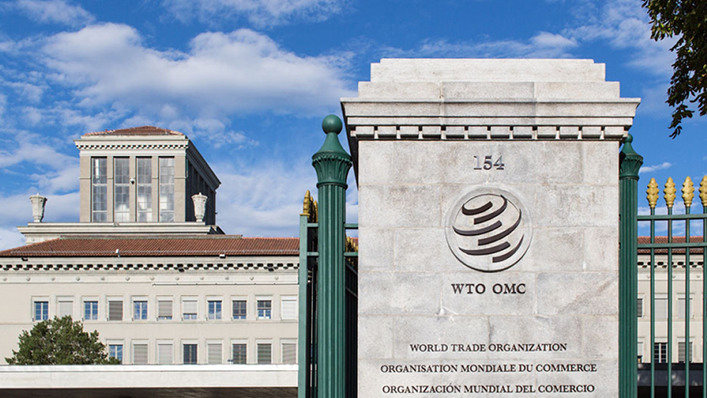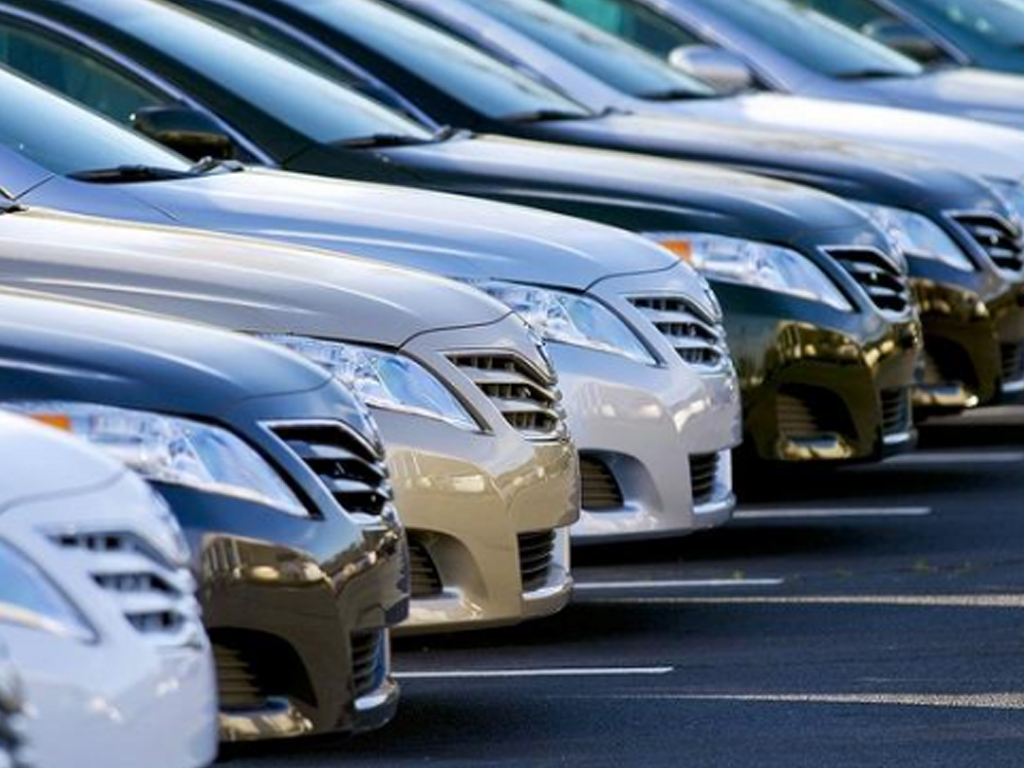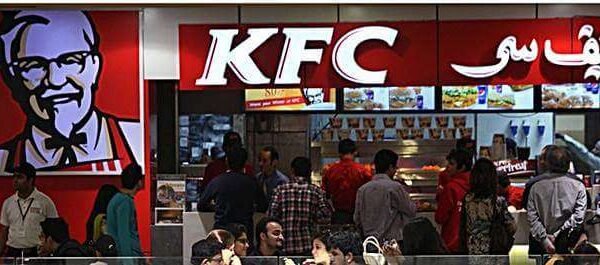Tensions between Pakistan and Japan are escalating over alleged ‘forced’ car exports, with the potential for the dispute to be taken to the World Trade Organization (WTO).
Japan contends that Pakistan is coercing major car manufacturers like Honda, Suzuki, and Toyota to export their vehicles globally, despite doubts about their competitiveness in international markets.
The Japanese government has voiced its concerns through various diplomatic channels, including discussions with the Pakistani embassy in Tokyo, Pakistan’s representatives at the WTO, and direct engagement with relevant Pakistani ministries.

Pakistan’s regulations mandated a gradual increase in car exports, starting with a minimum of 2% of production by 2023, and escalating to 4% in 2024, 7% in 2025, and 10% in 2026. However, an investigation conducted in October revealed that exports were at a mere 0%, prompting Japan’s objections.
The car manufacturers argue that Pakistani exports face significant hurdles, including additional tariffs, the absence of Free Trade Agreements, and limited avenues for exporting right-hand drive vehicles.
One critical challenge cited by the manufacturers is the scarcity of local raw materials, particularly in metal and rubber processing, which could potentially enhance the competitiveness of Pakistani cars in the global market.
Efforts are underway to resolve the dispute bilaterally, but if unsuccessful, the matter may be escalated to the WTO for arbitration, posing significant implications for trade relations between the two countries.










